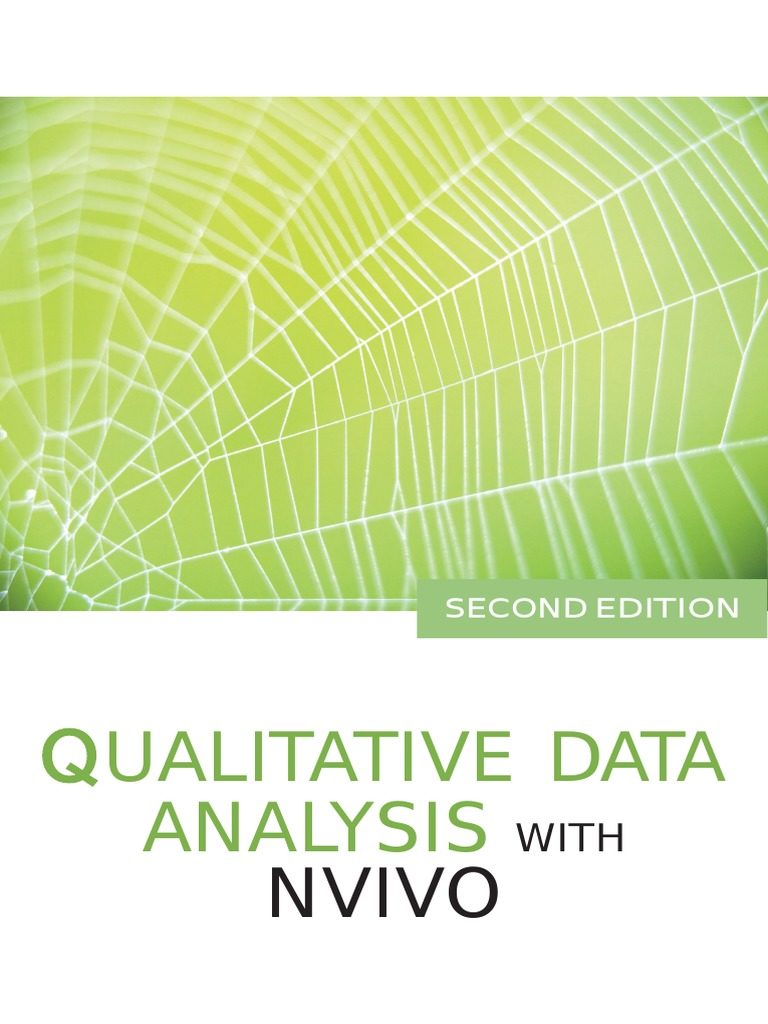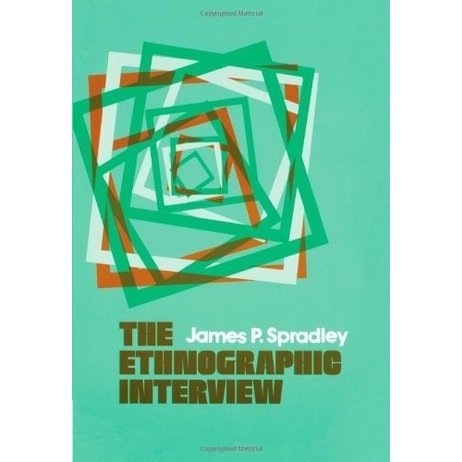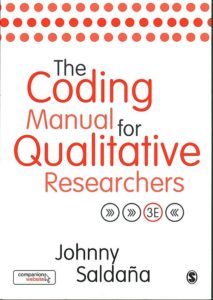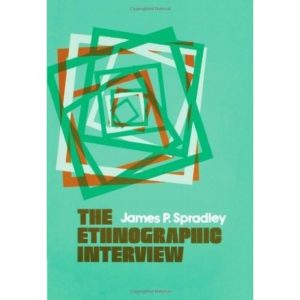Here’s my blogging modus operandi. A client emails me and asks me to recommend a book, software, recording equipment et al. I make a recommendation and make a note of it in my work diary. If another client asks me to make a similar recommendation – I know I need to blog about it! And that’s how we got here! Last week a client asked me to recommend a good book on qualitative data analysis.
Let’s back up a little bit. Typically researchers get in touch with us looking to have their research interviews and/or focus group discussions transcribed. Now, some researches are also looking for help analyzing their qualitative data. That’s a service that, sadly, we don’t provide. We usually direct them to someone who can assist them in analyzing their data and suggest a few qualitative data analysis books that will set them on the right path.
In this post, I’m going to reveal the 3 books that I suggest that every researcher should read before they start analyzing their interviews or focus group discussions. There are a lot of qualitative data analysis books, and every researcher will have a favorite – as I do. Hopefully, my recommendations will at least serve as a starting point in your quest to find a good qualitative data analysis book that perfect for your research project. Let’s get to it.
Best Books on Qualitative Data Analysis
The Coding Manual for Qualitative Researchers
The title of this book says it all. It’s THE coding manual for qualitative researchers. If you’ve never read this book, get it. If you are undecided about which coding method you are going to use for your project, get this book. It has the widest range of coding methods I’ve ever come across. In fact, I’ve yet to come across a coding method/profile that is not extensively covered in this book. Practical, process oriented, and concise.
A few caveats about this book. If you are looking for assistance on building a framework, about the historical or contextualization of qualitative methods and inquiry, look elsewhere. Because it covers such a wide breadth of coding methods, I often feel it does not go deep enough. So once you’ve narrowed down how you’d like to code your research data – it’s wise to look for a more detailed description of the coding method.
Personally, I found this book hard to read. Definitely not the worst book in this regard…and I don’t think I’ve ever read it cover to cover, but I reference it all the time. To quote Saldana: “This manual is intended primarily as a reference work. It is not necessarily meant to be read cover to cover, but it certainly can be if you wish to acquaint yourself with all 32 coding methods profiles and their analytic possibilities. “ (Saldana 2012, 3). A definite must have for your dissertation or thesis research project. Buy now from Amazon.
Qualitative Data Analysis with NVivo

The second book I recommend for qualitative data analysis is this NVivo handbook. Most researchers don’t use a qualitative data analysis software to assist them analyze their interviews. I don’t know why. And there so many advantages to using a QDAS. My guess is that researchers find it hard to get started using a QDAS – and this book is a great guide for absolute beginners who are looking to use NVivo.
The book is a little dated – the latest 2nd edition was published in 2013 (there’s a new edition coming out in June 2019). Since then, there are 2 new version of NVivo, NVivo 11 and 12. And NVivo for mac version – which sadly the book does not cover. And I do wish it had accompanying video tutorial(s). Regardless, Qualitative Data Analysis with NVivo does provide a clear step by step instruction (with accompanying screenshots) on how to analyze your data using NVivo.
Definitely a must have if you plan to use NVivo to analyze your focus group discussions and interviews. And if you are stuck and looking for a more personalize tutorage or for data analysis, contact the author, Dr. Kristi Jackson, on her website and she’ll be glad to help. And you can buy the book now from Amazon.
The Ethnographic Interview
“Tsetchwe began to teach me…” (Sprandly 1979, 4), my favorite quote from this classic on the ethnographic interview. This book is a staple for anthropologists. But believe me, it’s relevant for all qualitative researchers: if you plan to conduct interviews as part of you research project, this book is a must read. And even if you don’t plan to use the grounded theory approach, you will find great insights about conducting and analyzing interviews from this book.
Unlike the Saldana book, I’ve always found this book very easy to read. And the first time I read it, I read it cover to cover in one morning! I couldn’t put it down. That’s an impressive feat for a qualitative methods book. In fact, the other anthropological book I’ve ever read cover to cover, in one sitting, is Geertz’s The Interpretation of Cultures. But I digress.
More than half of the book is dedicated to analyzing research interviews, and Sprandly recommends that all of the stages of you research project should provide feedback to each other and be carried out simultaneously. Not practical for most research projects, but important to keep in mind. If you are an anthropologist, you probably already own this classic text. For researchers from other disciplines, read this book. You’ll enjoy it, and it will broaden your perspective on interviewing. Buy now from Amazon.
So those are the top 3 books I’d recommend on qualitative data analysis. I hope you find something you like on this list. And please, if you have a favorite qualitative data analysis book, please share it with us in the comment section below. Happy reading!
References
Bazeley, K. Jackson (2013). Qualitative Data analysis with NVivo. Los Angeles: SAGE Publications.
Saldaña, J. (2012). The Coding Manual for Qualitative Researchers. Los Angeles: SAGE Publications.
Spradley, J. P. (1979). The Ethnographic Interview. New York: Holt, Rinehart and Winston.




Nice book on Qualitative Data Analysis where i can get this?
I’ll update the post with links to the books on amazon…
Regards,
Isaac